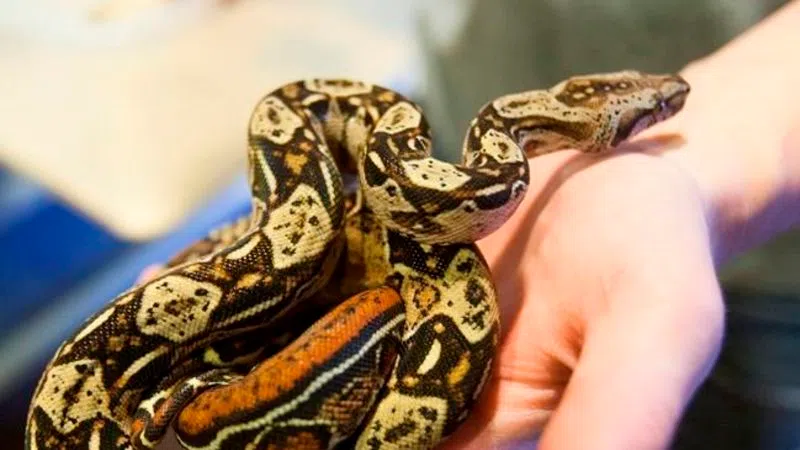
Salmonella outbreak in six provinces linked to snakes and rodents
The Public Health Agency of Canada is advising exotic pet owners to practise good hygiene amid a salmonella outbreak in six provinces that’s been linked to contact with snakes and rodents.
A notice issued this week counts 92 cases of the bacterial infection reported between April 2017 and October 2019.
The agency says exposure to snakes and rodents is the likely cause of the outbreak, with an investigation finding many of the affected individuals had contact with a snake, pet rat or rodent used as reptile food.
Reptiles and rodents can carry salmonella bacteria even if they seem clean and healthy, and people can fall ill from contact with the animals or places they have recently roamed, the agency says.


